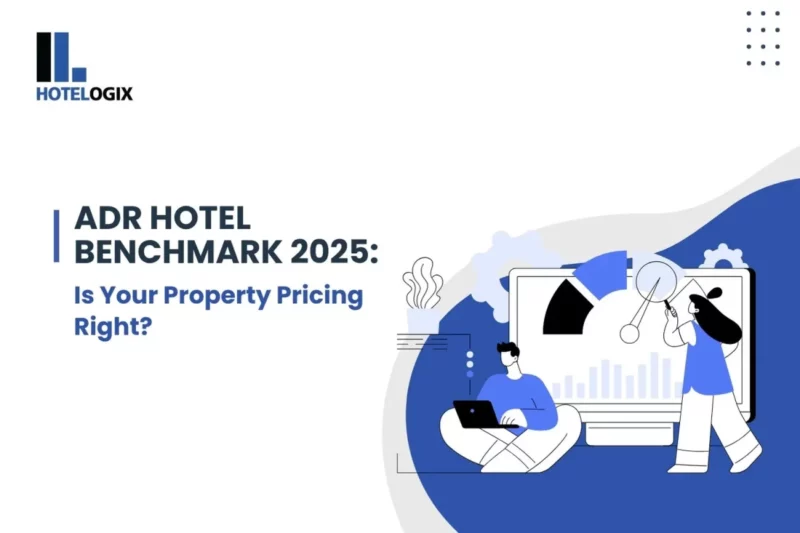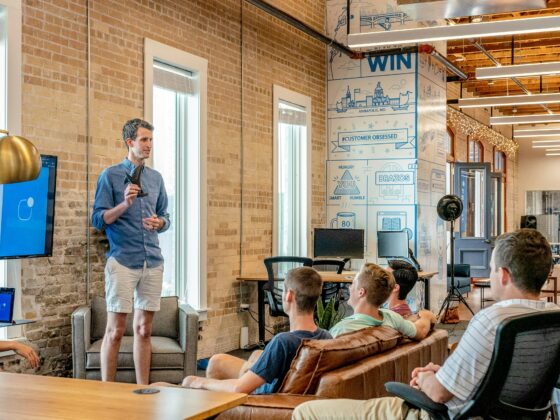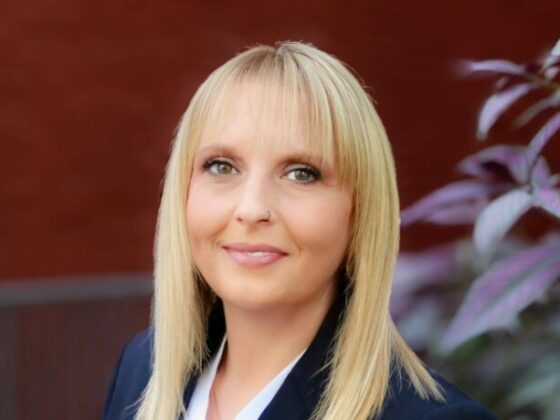
Artificial intelligence has already reshaped hospitality operations—from revenue management to guest messaging—but at HITEC 2025, Carl Winston, Founding Director of the Payne School at San Diego State University, took the stage to explore what we’re losing in the race to innovate.
In a session titled The Dark Sides of AI in Hospitality Applications, Winston didn’t argue against using AI. Rather, he challenged hoteliers to think more critically about what’s under the hood—and what’s at stake if we don’t.
“There are some significant ethical dilemmas with AI that are no longer someone else’s problem in 20 years,” he said. “They’ll be a problem in 20 minutes. They’re a problem now.”
AI’s Long Road to the Front Desk
Winston began with a brief history lesson: from Alan Turing’s early experiments to the release of ChatGPT in 2022, artificial intelligence has gone from speculative to an established tool woven into hundreds of hospitality software applications. However, there are legitimate concerns with how AI is finding the data on which it makes its decisions.
Consider: synthetic data—AI-generated information that mimics real historical data. Used in pricing models and forecasting, synthetic data can fill gaps and speed up decision-making. But when it’s wrong, biased, or unchecked, it could distort hotel operations and erode trust.
Bias Baked Into the Algorithm
One of the session’s most urgent takeaways: AI reflects the assumptions of the people who design it. A simple image search for “housekeeper” and “hotel general manager” illustrates the point—results skew heavily toward racial and gender stereotypes.
Programmers often fail to include regional accents, cultural vernaculars, or non-Western norms when training language or speech models. The result? AI systems that underperform—or outright fail—for large segments of users.
“Whoever is working with AI at your company needs to be aware of these blind spots,” Winston said.
Data Dilemmas: Consent, Surveillance, and Sabotage
In a hospitality context, data is gold—but increasingly, it’s also a liability. Consider the possibility of AI-enabled cameras that can read lips or biometric systems that store sensitive guest information. Most guests have no idea how much of their behavior is being recorded, analyzed and stored.
Winston described a near-future scenario that already feels present: a police department requests your hotel’s AI-enhanced security footage to determine what a suspect was saying in a hotel lobby. Do you hand it over? Did the guest consent to being recorded? Who owns that data?
Even worse, bad actors could exploit AI for sabotage—using generative tools to write fake reviews and poison your data sets. As Winston put it: “Is that a crime? I don’t know. But it’s easy to do and it could definitely cost your brand significant revenue.”
Will AI Replace Us—or Just Drain Us?
Job displacement is another looming concern. From receptionists to kitchen staff, AI-driven automation is already reducing headcounts in some roles. But even more insidious is the morale hit among workers who see AI as a threat rather than a tool.
Winston urged hoteliers to involve staff in AI adoption conversations. “It’s not just about retraining or redeploying,” he said. “It’s about making sure your people understand how AI can help them—not replace them.”
And the machines themselves require energy. A 2023 International Energy Agency study predicted that the combined demand of AI and crypto systems could consume as much electricity as entire countries by 2030. That’s a steep environmental cost for automating a check-in.
Hospitality Without the Human?
AI systems often lack emotional intelligence—misreading tone, cultural context, or social nuance. In an industry rooted in empathy and service, this matters. A robot greeter might work in some markets, but not for every guest.
Likewise, algorithmic decision-making—like room upgrades or service prioritization—can become opaque. Who’s responsible if the AI messes up? The vendor? The hotel? The algorithm itself?
Winston emphasized the danger of overdependence. “When the power goes out, do you have a plan? Or do you tell the guest to come back in two hours because your front desk agent doesn’t exist or worse doesn’t know how to check someone in without an AI tool to help them?”
Building a Smarter Ethos for Smart Tech
AT the end of the session, it was clear that hoteliers and their vendor partners need to have a thoughtful, transparent, and inclusive approach to AI. That means:
- Scrutinizing datasets for bias before deployment
- Making consent clear and accessible for all guests
- Training staff to work with AI, not around it
- Planning for outages and fallback scenarios
- Asking not just can we, but should we?









